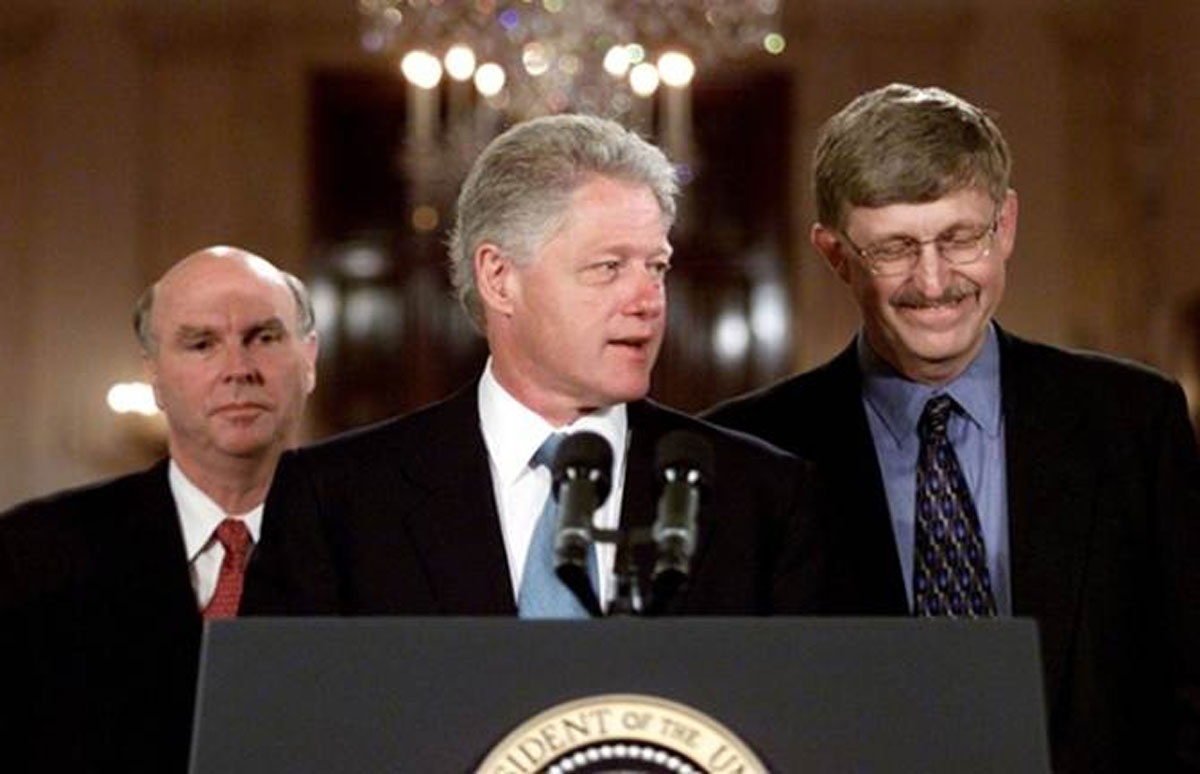Cloning Reality
Brave New World has arrived at last, as we always knew it would. On January 22, 2001, Britain’s House of Lords voted overwhelmingly to permit the cloning and maintenance of human embryos up to 14 days old for the purposes of medical experimentation, thereby taking the first terrible step toward the legalization of full-blown human cloning. Meanwhile, an international group Read More ›
